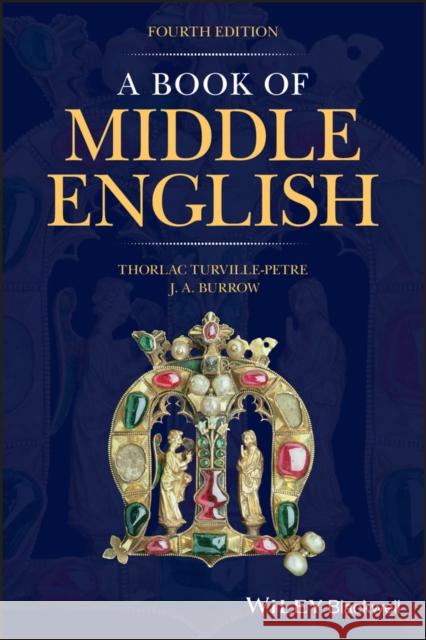A Book of Middle English » książka
topmenu
A Book of Middle English
ISBN-13: 9781119619277 / Angielski / Miękka / 2020 / 464 str.
Kategorie:
Kategorie BISAC:
Wydawca:
John Wiley and Sons Ltd
Język:
Angielski
ISBN-13:
9781119619277
Rok wydania:
2020
Ilość stron:
464
Waga:
0.60 kg
Wymiary:
22.86 x 15.24 x 2.36
Oprawa:
Miękka
Wolumenów:
01
Dodatkowe informacje:
Bibliografia
Glosariusz/słownik
Glosariusz/słownik











